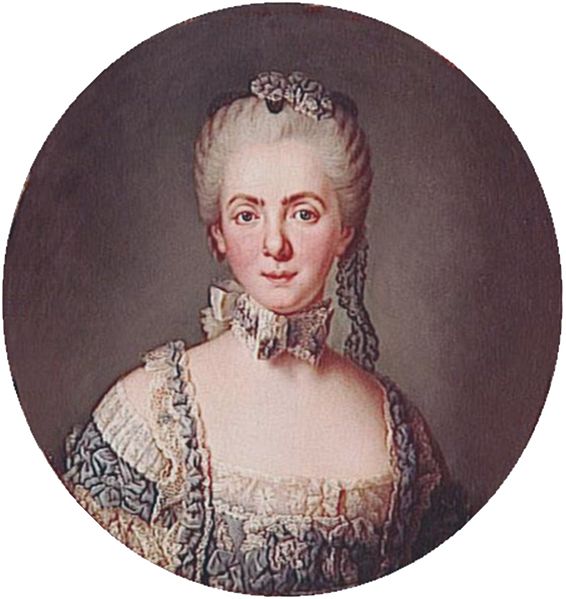Marie De France (About 1150—1200)
All that is positively known of the author of this Lay is that she wrote in Norman French, that her name was Marie, and that she was “of France.” It is even thought that she may have been an English subject. Her collection of Lays, or romantic love tales, was immensely popular both in France and England. Both in her Fables and Lays she utilized old materials. The Lay of the Two Lovers is one of the most charming of the French Lays.
The present version is translated by Eugene Mason, in the volume French Medieval Romances from the Lays of Marie de France. Published in Everyman`s Library, J. M. Dent and Sons, by whose permission it is here reprinted.
The Lay of the Two Lovers
Once upon a time there lived in Normandy two lovers, who were passing fond, and were brought by Love to Death. The story of their love was bruited so abroad, that the Bretons made a song in their own tongue, and named this song the Lay of the Two Lovers.
In Neustria—that men call Normandy—there is verily a high and marvelously great mountain, where lie the relics of the Two Children. Near this high place the King of those parts caused to be built a certain fair and cunning city, and since he was lord of the Pistrians, it was known as Pistres. The town yet endures, with its towers and houses, to bear witness to the truth; moreover the country thereabouts is known to us all as the Valley of Pistres.
This King had one fair daughter, a damsel sweet of face and gracious of manner, very near to her father`s heart, since he had lost his Queen. The maiden increased in years and favor, but he took no heed to her trothing, so that men—yea, even his own people—blamed him greatly for this thing.
When the King heard thereof he was passing heavy and dolent, and considered within himself how he might be delivered from this grief. So then, that none should carry off his child, he caused it to be proclaimed, both far and near, by script and trumpet, that he alone should wed the maid, who would bear her in his arms to the pinnacle of the great and perilous mountain, and that without rest or stay.
Read More about The Raising of Lazarus 1








